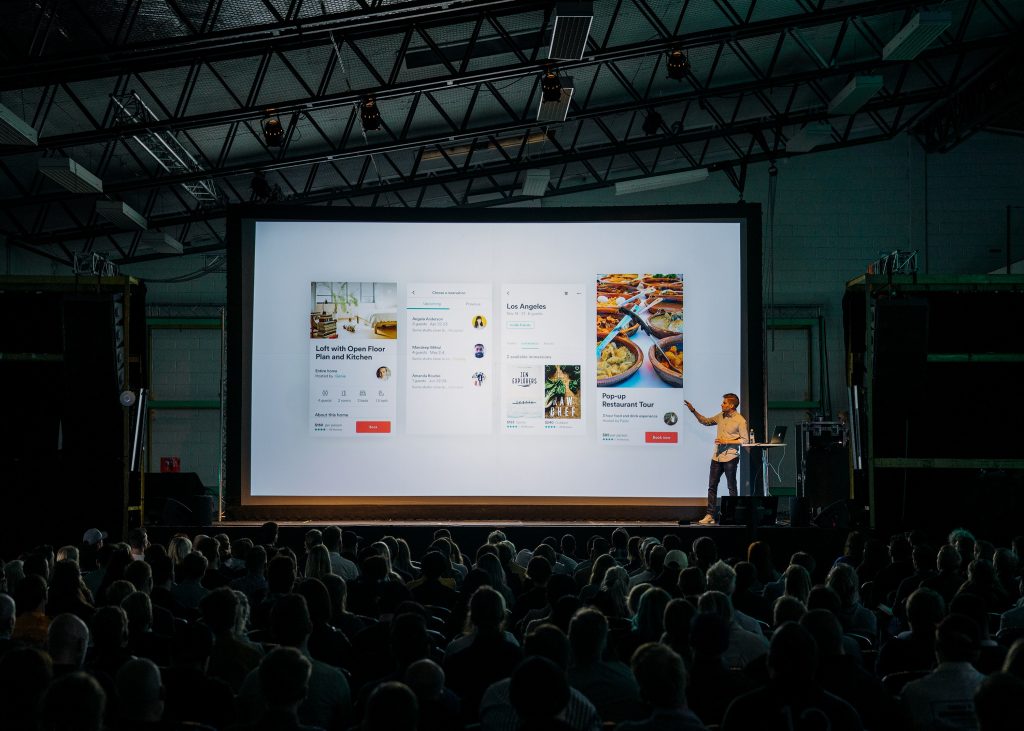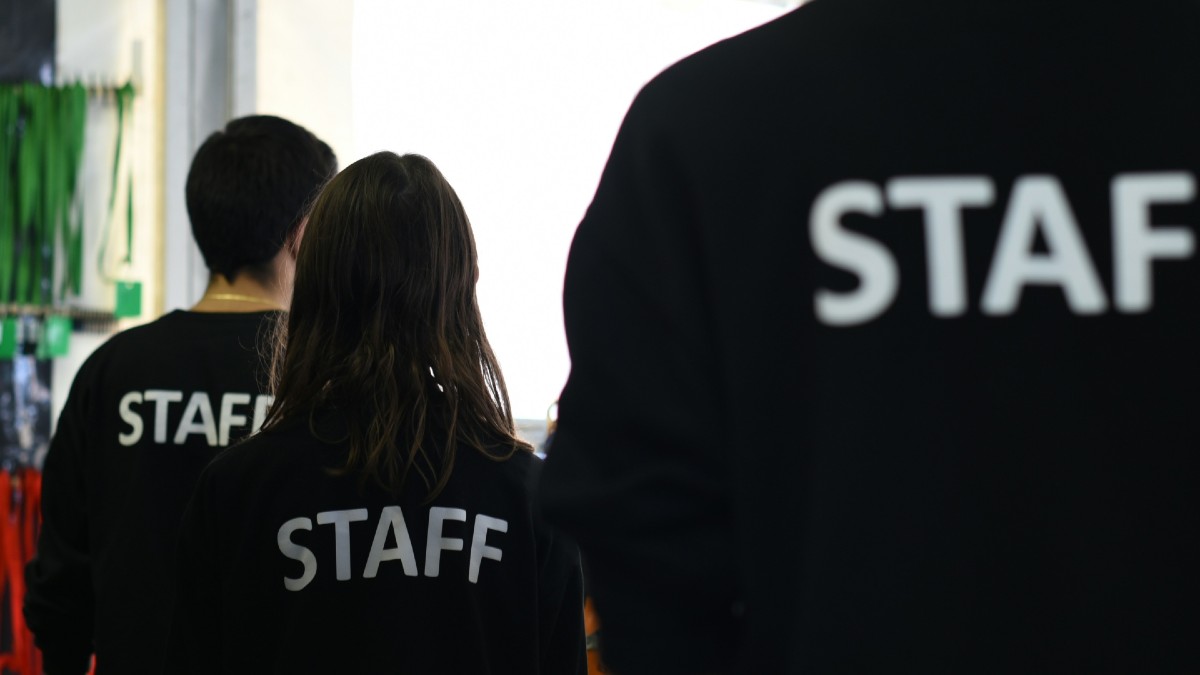Cut costs, support the environment, and learn how to create sustainable events with a difference.
Sustainability is key for any successful event, as it will save you in costs while also minimizing your environmental impact. With careful planning and a few simple strategies, you can create an impressive and engaging event that's also incredibly eco-friendly.
Conferences and events can be a hub for all sorts of waste. One occasion, one venue dressed to impress for one day, and a whole lot of people using single-use materials that will be discarded post-event. With a few thoughtful tweaks, you can push your event to be more sustainable. Read on to learn more about how to embrace a more sustainable event strategy. Here are 5 ideas for planning a sustainable event.
1. Reuse Materials
Lanyards, name badges, bottled water, place tags, and plastic plates and cutlery are all throwaway items that are likely to end up in the trash. Invest in reusable materials and arrange collection points at your conference so that these materials can be used at your next event, and encourage attendees to think about the life cycle of their possessions.
2. Reduce food waste
Food waste in the events industry is huge, but luckily, there are small steps planners can take to lessen the impact on the environment. Worried that you’ll over-cater? Discourage food waste at your sustainable events by providing delegates with reusable food containers, and encouraging them to take home excess food at the end of the day.
Sustainability is also about promoting ethical supply chain practices and supporting local community groups. Local caterers are an ethical choice for a number of reasons. Firstly, small-batch caterers use less automated, energy-sucking equipment, and their proximity to the venue will mean that they will use less energy to transport food to and from the event. Supporting a local caterer also gives back to the community, sustaining the income of a small business.
How much does an event cost?
Calculate your event cost in under 5 minutes
3. Sustainable transport options
Whether you’ve got 50 or 500 guests, many journeying bodies equal huge amounts of fuel output, contributing to air pollution. Luckily, there are ways to minimize your event's carbon footprint regarding transportation. Choose a venue that is easily accessible by public transport and one that has bike parking nearby so that you can gather your guests in one place with as little energy output as possible. Carpooling, public transport or bike riding are all lower-impact transport options.
The largest share of carbon emissions comes from attendee air travel. Consider offsetting the carbon footprints of your out-of-town guests by donating to a carbon offset program. Take into account the average distance travelled per attendee to your event venue and calculate their cumulative carbon footprint. Offsetting your in-person events' carbon emissions is an easy way to add a green component to your event.
4. Skip the gifts
While it’s a nice touch to gift attendees personalised branded paraphernalia, the reality is that this is just a whole bunch of plastic and paper that is likely to be tossed after the event. If you are committed to a gift, make it one that lasts. How about a glass drink bottle or reusable cotton bag? Hosting a green event is a great way to position your organisation as a leader in green event planning.
5. Choose conscious decorations
Decorations can be the most impressive element of event styling, but they may also be the most wasteful. Traditionally popular event decorations, such as wall hangings, posters, confetti and fresh flowers are single-use only, meaning they’re thrown away during the event bump-out period.
Consider investing in reusable decorations that can be stored and refreshed for each event on your busy events calendar. Instead of posters or wall hangings, use digital projections to showcase your brand in the venue.
If you’re set on using fresh flowers to decorate your space, arrange a collection point at the end of the event where guests can pick up a bunch on their way out.
Reduce, reuse, recycle and have a fun time planning an event with a difference, and with longevity in mind. Eco-friendly events can improve your reputation. Many people today care about decreasing their environmental footprint. These five strategies will have you produce beautiful, sustainable events that are built to last.
What is sustainable event management?
Sustainable event management is an approach to planning events that takes into consideration environmental, social and economic impacts. Whether you're planning onsite events, virtual events or hybrid events, it aims to reduce the amount of waste generated before, during and after an event and encourages reuse, recycling and efficiency in order to create a more sustainable event. It also considers the social impact of an event by ensuring that it is organized eth for ethical and local suppliers, invests in reusable materials, reduces food waste, offers sustainable transport options, chooses conscious decorations, and encourages attendees to think about the life cycle of their possessions. By making smarter, more eco-conscious decisions, event planners are reducing waste and greenhouse gas emissions.
These are just some of the strategies you can use to create a successful and sustainable event. By having these considerations in mind when planning your event, you'll be taking the steps to ensure your event is both enjoyable and sustainable.
Looking for a sustainable venue?
Search thousands of venues across Australia on VenueNow. From large event spaces to small meeting rooms; we have you covered.
Follow us on social media to stay up to date with the latest news
Customers
Want to get in contact?
Call our support team on 1300 647 488 during business hours AEST.
Follow Us
© Copyright VenueNow 2026 | SPARE GROUP PTY LTD | ABN 22 607 830 302















